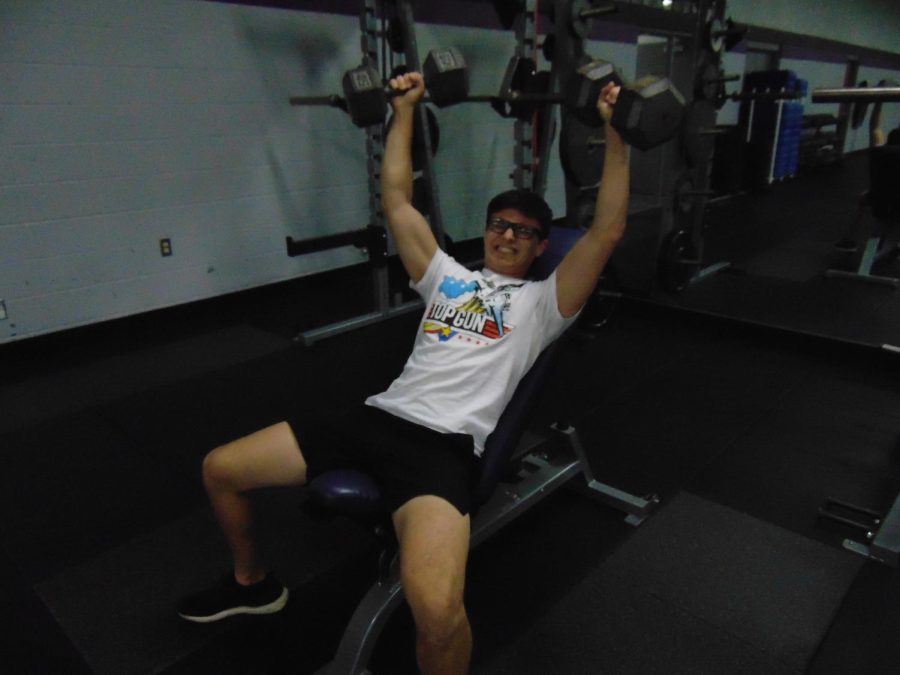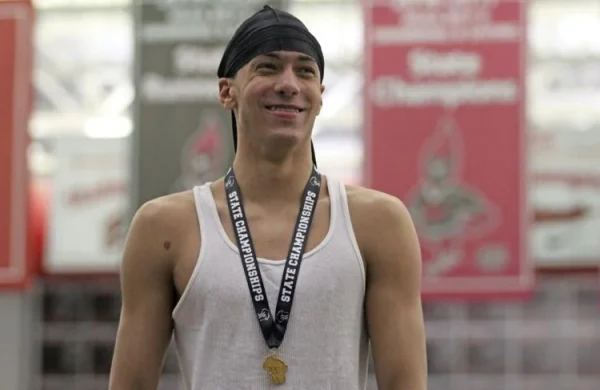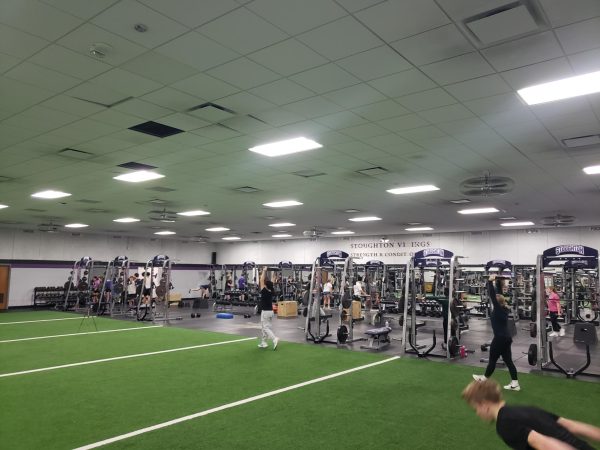Lifting: Why it’s Important, Even if You Aren’t in a Sport
A good portion of the school has been in the weight room, whether it’s because of strength class, summer lift, lifetime fitness, or recovery from an injury. Always helpful and motivating, the weight room coaches make this a comfortable, safe place for those who hope to better themselves physically and mentally.
Bobby O’Brien (or as most students know him, “OB”) is one of these well-known, hardworking coaches. He runs the strength training program and is a PE teacher at the high school. He aims to help students reach their lifting goals and become the best versions of themselves they can be.
But O’Brien doesn’t just help out his students in strength and those that are athletes: he believes all students should have the opportunity to lift, whether in a sport or not.
“Even if you’re not preparing for a sport [lifting is]something difficult that you’re encouraging yourself to do,” O’Brien says. “At the very base level, that’s one of the greatest benefits [of lifting] because it’s simply something challenging.”
O’Brien has between five and ten students who aren’t in a sport who lift before or after school. However, their workouts are pretty similar to those training for a sport. According to O’Brien, there are many different difficulties of workouts based on the exercises, but they all target virtually the same things.
“If you come into the weight room, as somebody who doesn’t play a sport and has never lifted before, you’re going to start with some very basic exercises that you [will be able to] do right away,” O’Brien says. “Over time, as you continue to challenge yourself with increasingly challenging workouts, the workouts that you began with will become a breeze, and you’ll be able to focus more on new workouts to achieve.”
If you’re having trouble starting, O’Brien’s number one piece of advice is to talk to someone in your life who has more knowledge, whether it be a friend, classmate, or O’Brien himself.
“I know a lot of students that have just come to me and said, ‘Hey, if I come to the weight room, will you help me?’, and obviously I [will]. That’s my job,” O’Brien says. “But if you have a friend or somebody who’s close to you who knows just enough to get you started, and, even better, do it with you, that’s the best way to start.”
Another tip that O’Brien suggests to get started is committing to a schedule. According to him, three days a week is the ideal frequency, but ensuring that you’re resting your body in between workouts is incredibly critical. O’Brien suggests spacing out your workouts as best you can.
Sophomore Bridgett Fisher, who is taking the strength class this year, believes working out is positively affecting her.
“I think it helps me clear my mind, and the satisfaction of the feeling after my workout is really great,” Fisher says. “Honestly, at first I was super intimidated […], but I was like, ‘You know what? I’ll just give it a try,’ […] and everybody was pretty welcoming and I was very happy and very pleased.”
If playing a sport doesn’t interest you or doesn’t fit your schedule, but you still want to keep yourself physically active, lifting is a great alternative. O’Brien offers a lot of flexibility when it comes to using the weight room, so you can work out whenever a strength coach is available (see infographic for times) and however many times a week interests you. If this sounds like something you’d be interested in, see O’Brien in the weight room or email him to set a schedule that works for you.

Mylah is a senior, and this is her second and a half year on staff! She's also the editor-in-chief. She joined because she loved the organizational aspect...











